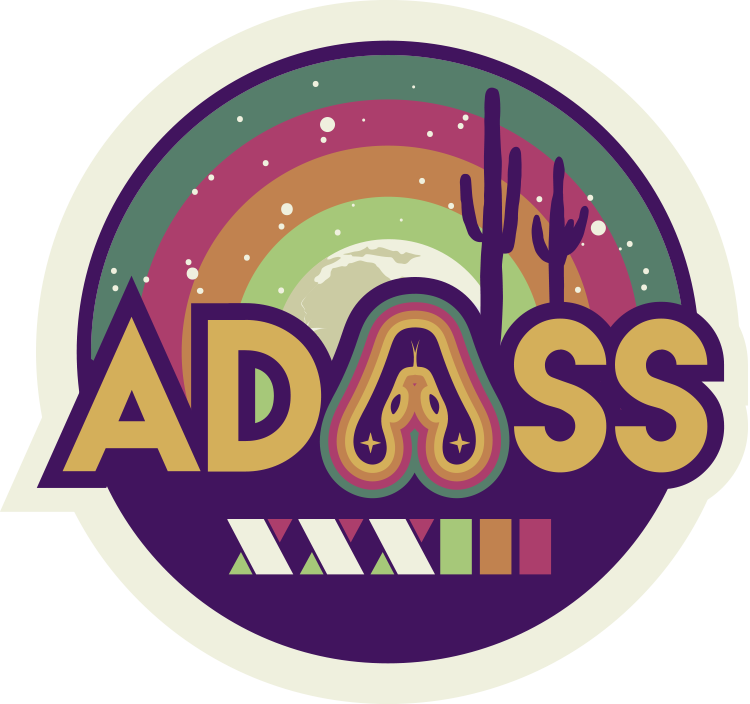Birds-of-a-Feather session 2-A
When
Where
Theme: Science with data archives: challenges in multi-wavelength and time domain data analysis
pretalxrecording After the BoF, cloud recording continued all night since a room camera remained connected.
Planetary Defense is practical astronomy: the applied science of discovering, tracking, and characterizing near-Earth asteroids and comets (NEOs). The goal is to retire the risk of Potentially Hazardous Asteroids that may impact the Earth in the coming decades. In this BOF, we will explore the concept of the global planetary defense effort as a distributed real-time system with complex and unpredictable components. Instead of specific solutions, we’ll be addressing the meta-questions of how these components should be connected and how to do it so that the system is responsive, resilient, and secure.
Planetary Defense Community contributors:
- Larry Denneau (chair), Asteroid Terrestrial-impact Last Alert System
- Dave Bell, Minor Planet Center
- Melissa Brucker, Spacewatch
- Alan Chamberlin, CNEOS
- Carson Fuls, Catalina Sky Survey
- Alex Gibbs, Catalina Sky Survey
- Mario Juric, Rubin Observatory
- Tyler Linder, Planetary Science Institute
- Carrie Nugent, Olin College
- Paresh Prema, Minor Planet Center
- Rob Seaman, Catalina Sky Survey
- Overview (Larry)
- Planetary defense (PD) as a real-time system, e.g. PDCO “OODA loop” model
- PD Actors and components
- "Bezos API Mandate”, or API-centric thinking
- Current state of the art in PD and what’s coming (Rubin, NEOSM, large archives)
- Observations
- Survey discovery (Carson)
- Follow up, arc extension (Tyler)
- How Rubin will extend the NEO ecosystem (Mario)
- APIs
- NEOFixer (Alex)
- API requirement discovery and stability (TBD)
- Remote 3rd party requests/control (Alan)
- Catalogs/Databases
- MPC interfaces (Dave)
- PDS/CATCH (TBD)
- Other databases, e.g. NEAT (Carrie)
- Group discussion, possible topics:
- What services should be available? Some examples:
- ephemerides
- orbit evaluation; are these detections compatible with some orbit?
- automated precovery
- queries for observer-specific info (usually images) about observations
- Service discovery
- How to achieve consensus (if desirable) about available services
- Modern software evolves much faster than observatories/institutions; how to cope
- System health, resiliency
- How to test the system -- IAWN-style campaigns?
- Info security — what are the vulnerabilities and what actions are needed?
- What services should be available? Some examples:



